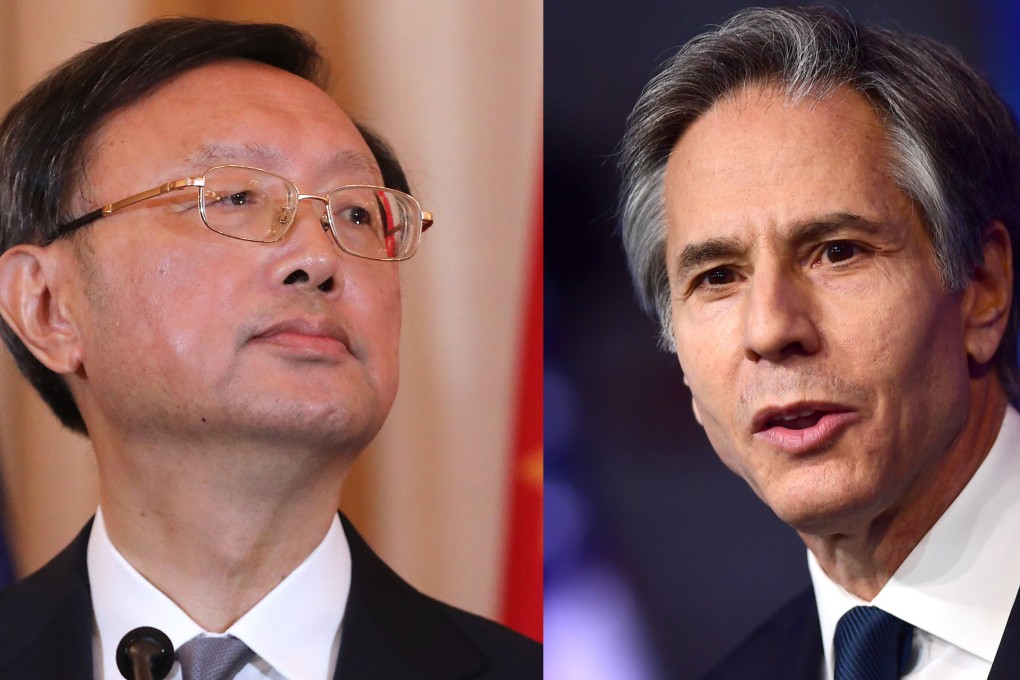Advertisement
As I see it | Chinese and US diplomats are jostling for influence in Africa
- Yang Jiechi and Antony Blinken visited the continent within weeks of each other
- Blinken tried to play down the China factor; Yang hit out at ‘protectionism and hegemonism’
Reading Time:2 minutes
Why you can trust SCMP
9

China’s top diplomat Yang Jiechi went to Africa last week, soon after US Secretary of State Antony Blinken’s maiden trip. If there was any doubt about a new Cold War between China and the US after the pair clashed at the Alaska talks in March, look no further than the latest manoeuvring in Africa.
Blinken’s tour of Kenya, Nigeria and Senegal came as US President Joe Biden sought to rally support on the continent to help counter a surge of authoritarianism, inviting three African nations to his democracy summit last week. Blinken tried to play down the China factor, saying engagement “in Africa, with Africa, is not about China”. His predecessor Mike Pompeo wanted Africans to choose the US over China.
There was no mention of “debt-trap diplomacy” – a criticism frequently levelled at China – but the more cautious approach will do little to reassure Beijing after the first 11 months of the Joe Biden administration. It is no coincidence that Yang was sent to Sierra Leone and the Republic of Congo (Brazzaville) right before Biden’s virtual democracy summit. Neither were among the 110 nations invited to the gathering.
Yang, who is President Xi Jinping’s top foreign policy aide, had a clear message when he met the leaders of the two nations – China wants to shore up support in Africa and undercut US influence. He didn’t name the US, but used Beijing’s usual language to take a swipe at Washington – flagging the risk of unilateralism and saying “protectionism and hegemonism” stood in the way of world peace and development.
Advertisement
After the trip Yang told state news agency Xinhua that Africa was a cornerstone of China’s foreign policy and the long-standing support of African nations on key issues like Taiwan and human rights was appreciated.
The timing of Blinken’s trip to Senegal should also be noted – he visited the West African nation just days before it hosted the Forum on China-African Cooperation late last month, when Xi made new pledges to the continent in a video address.
Advertisement
“Our purpose is not to make our partners choose, it is to give them choices,” Blinken said in Dakar. “And when people have choices, they usually make the right one.”
Advertisement
Select Voice
Select Speed
1.00x
